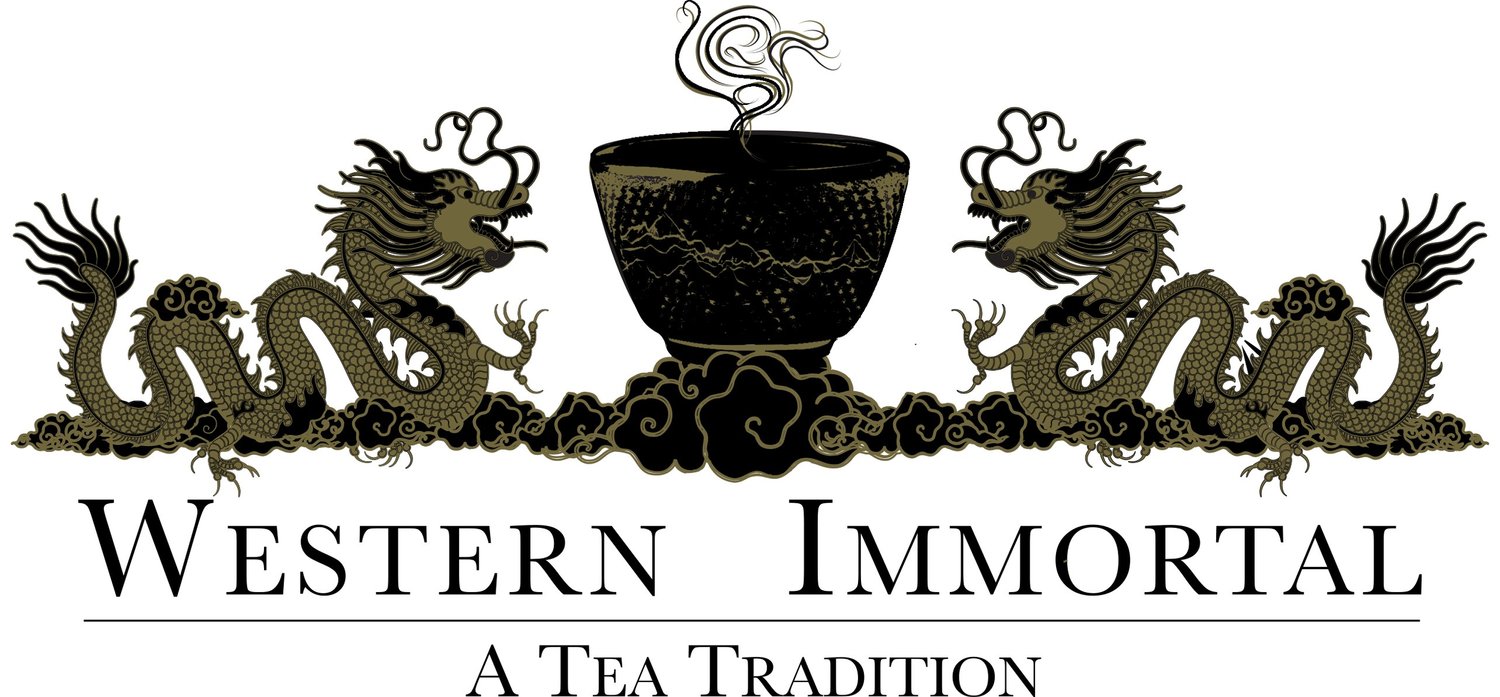A Tea Mountain Poem
Du Mu (Tu Mu) by Shangguan Zhou (上官周, b. 1665)
Tu Mu (803–852) was a poet, calligrapher, and scholar-official who lived during the late Tang dynasty. He is best known for his romantic and lyrical poetry. He was hailed as renowned and unique during the golden age of poetry in China.
Tu Mu began crafting this poem while on a journey into the mountains with his family. The outing was interrupted when he was issued an Imperial decree, rerouting him to supervise the preparation of an important tribute tea at Hu-Chou (modern-day Wu-Hsing in Chekiang province). During the diversion, he was struck with impressions of the beauty of the mountains and natural surroundings where the tea was cultivated.
*This poem has been kept in short lines to preserve
the efforts of the translator in keeping the meaning
of the original poem.
A Tea Mountain PoemNothing in Eastern Wu
Surpasses those mountains.
The tea that grows there
Is the finest Jui Ts’ao.
The foreman may be lowly,
But, ah, how talented
At preparing tribute tea!
Near the source of the stream,
We moored our rustic boat
And planted the flag
Amidst the blue-green moss.
The willows fluttered
Like shy young ladies;
In the pinewoods, birds rustled
And chattered raucously.
Steps, mounting to lofty peaks
Lost in a sea of cloud,
Led to a large flat rock
Fronting a fairy grotto.
There, where we brushed the sky,
Cheerful voices echoed,
And a towered building
Overlooked a mountain spring,
Its waters palely golden.
From a purple cliff nearby
Came the fragrance of young tea.
Our horses’ hoofs rang loudly
On the sunlit rocks,
As our sleeves danced gaily
In the mountain wind.
Echoes of distant song
Were wafted from the valley.
Birds made music
Hidden in the trees.
Light reflected in the snow
Bathed the t’an-plum blossum
It was good to have brought
All the family,
And good to be there
By the Emperor’s decree.
A curtain of fragrance hung
Amidst the leafy shadows,
And the mountain path was strewn
With fallen petals.
But, though it was early spring,
The breath of winter lingered.
Reaching the top, we paused
For tea’s refreshment.
Throughout this climb, our feelings
Had been exuberant.
Sadly we turned back
Towards the humdrum world
-Tu Mu
A Tang style painting depicting ‘wandering in the mountains’ by Wang Wei (669-759)
Translation By John Blofeld
Sources:
‘The Chinese Art of Tea’, John Blofeld
Zhu, Jincheng. "Du Mu", Encyclopedia of China (Chinese Literature Edition)
by Dr. Niko Olympiadis


